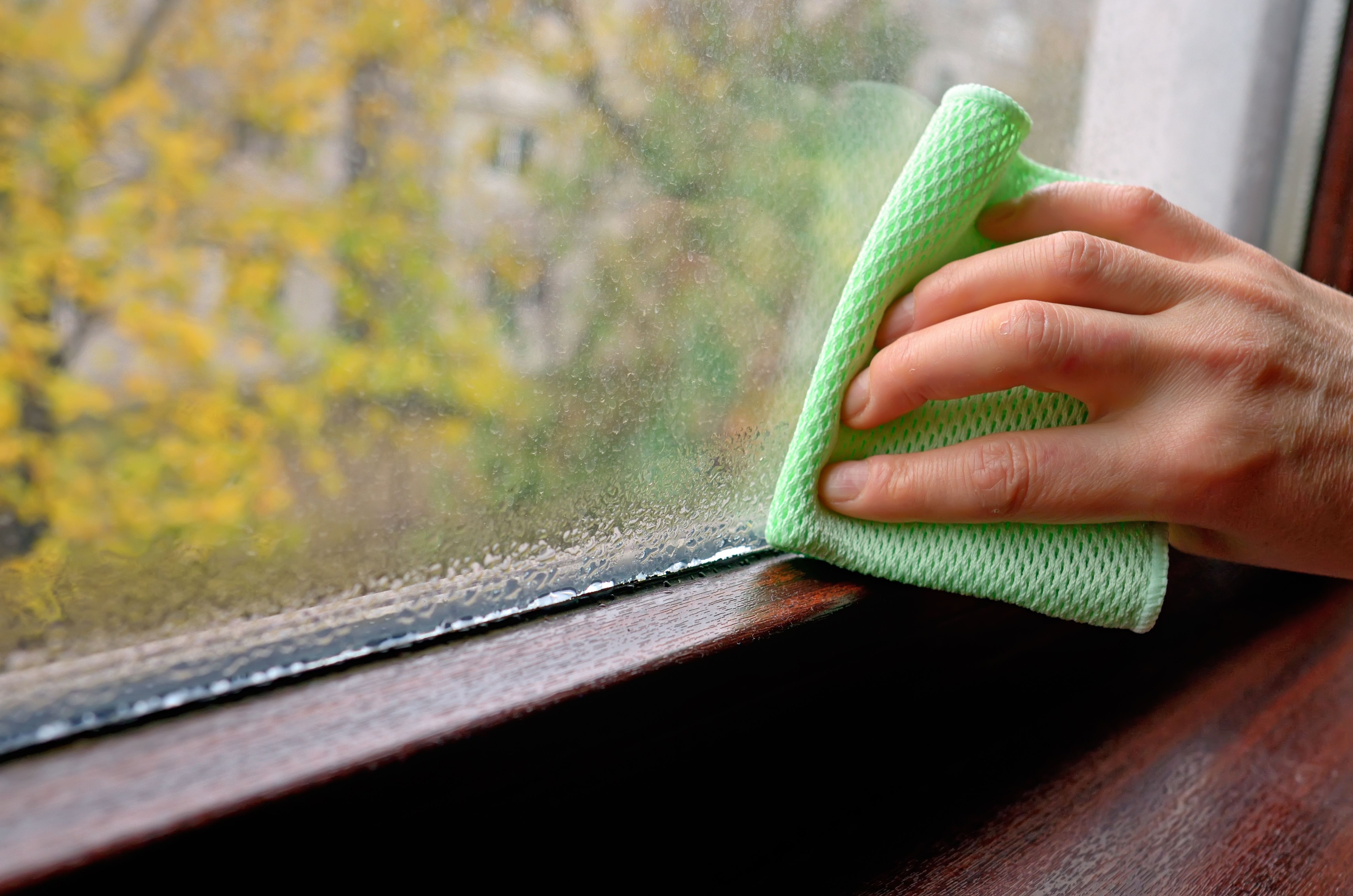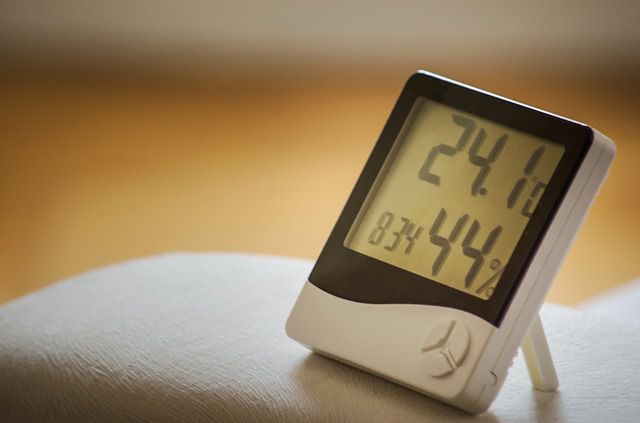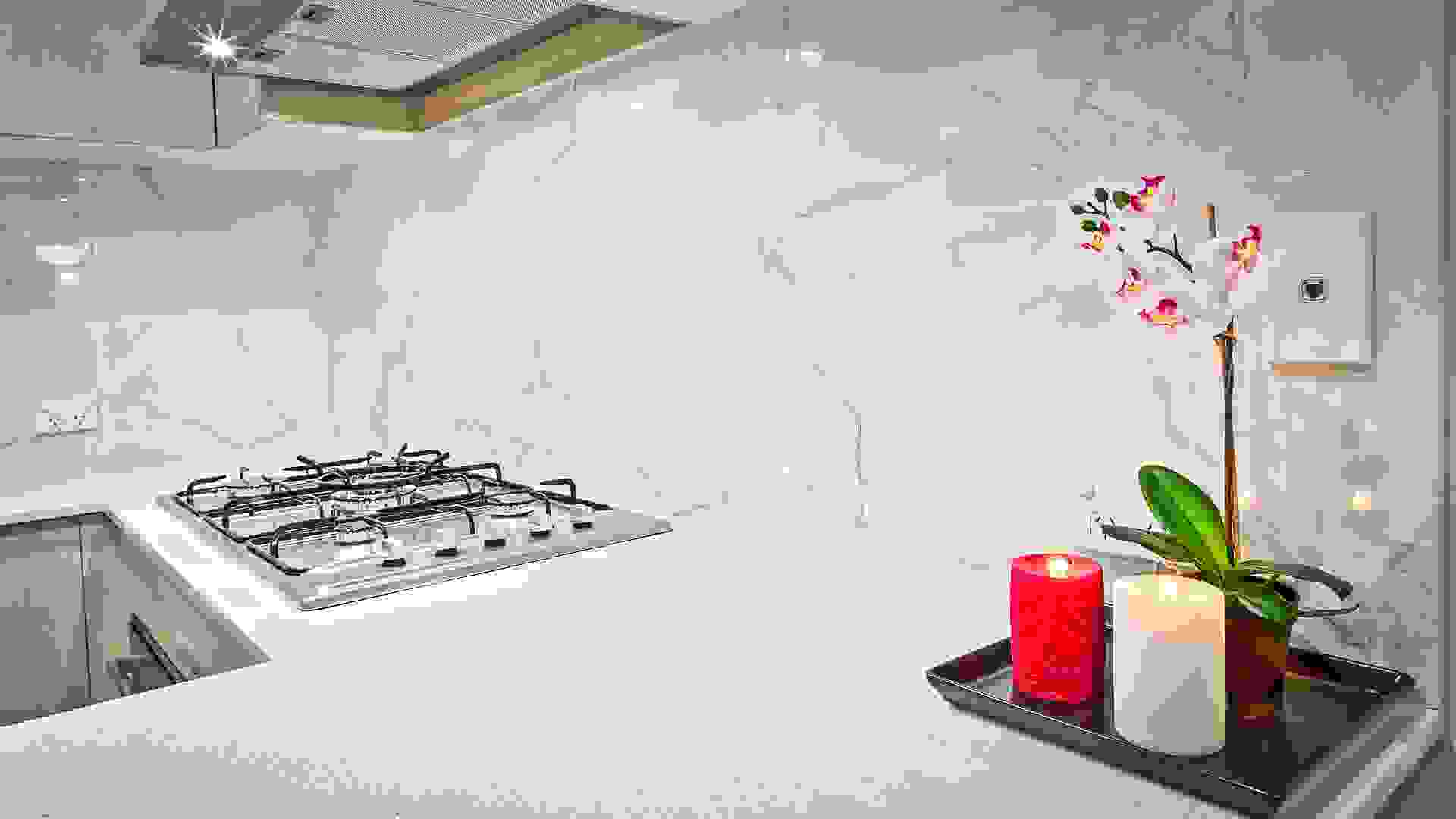 With winter fast approaching, outside temperatures are plummeting. It is thus essential to prepare your home adequately for the cold season, which sure comes with its share of problems. Several phenomena occur with the arrival of the cold weather, such as condensation on windows. This is due to the ambient humidity level inside the house. Since many people don’t know how to tackle this problem, here are a few tips of our own.
With winter fast approaching, outside temperatures are plummeting. It is thus essential to prepare your home adequately for the cold season, which sure comes with its share of problems. Several phenomena occur with the arrival of the cold weather, such as condensation on windows. This is due to the ambient humidity level inside the house. Since many people don’t know how to tackle this problem, here are a few tips of our own.
What is condensation?
The insulation of your home is not at stake here, but rather relative humidity. As it comes in contact with a colder surface, the humidity in the air transforms into water droplets. The air then goes from a gaseous state to a liquid state. The higher the humidity level, the more often this phenomenon will occur.

High humidity can cause serious problems inside a property; e.g., fungus, viruses and mites. It can also conceal problems with plumbing or water damage in the walls and even the roof. Additionally, it can lead to respiratory diseases among residents.
The main problem when it comes to windows is that they no longer fulfill their purpose, which is to allow you to see outside, and let sunlight as well as heat in. Moreover, when left unattended, condensation can cause water damage if there is a large amount of water at the bottom of windows.
How to prevent condensation?
There are several ways to prevent condensation along with its harmful effects on both your home as well as yourself. The first thing is to increase the heat near cold surfaces. That way, the temperature difference will be less in contact with humid air. You should also opt for high-quality windows that will isolate the home from the cold and keep interior glass surfaces warmer.
As for little daily things that you can do, the list is long, yet simple, as long as you’re thorough.
- First of all, keep curtains or blinds open when it’s cold. That way, surfaces will be more likely to get warmer.

- Take care of fewer plants during winter as they contribute to a higher humidity level in the home.

- Remove screens from windows in late autumn. Without them, air moves more easily.
- Take shorter showers and ventilate the bathroom during and after.
- Keep the room temperature relatively high, around 20°C.
- Make sure that the hose from the dryer isn’t defective and actually pushes air outside rather than inside.
- Always use the range hood fan when cooking or using hot water.

- Take the time to clean vent doors so that air can flow more efficiently.
Most of the tips provided above can help you avoid condensation problems and take only a few seconds to do. It is a small time investment that you can do daily and which will save you time and money. Not to mention the positive impact it can have on your health. Better be safe than sorry!
Did you like this article? Discover other tips and tricks.
